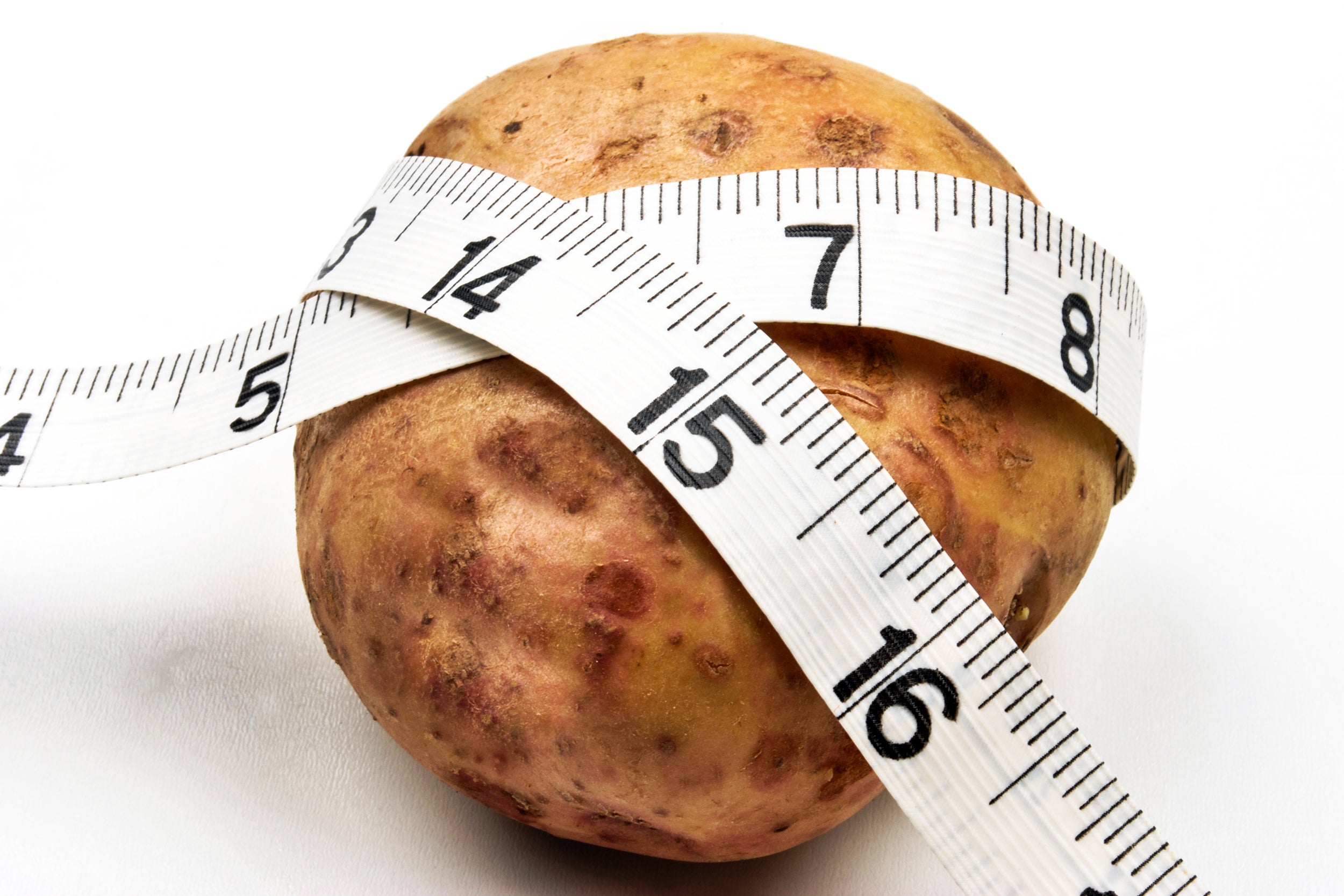Most know indulging in cookies and cakes, soda, and white bread can accelerate weight gain in middle age. New research suggests adding another culprit to the list: starchy vegetables.
A study published in The BMJ earlier this fall finds that swapping whole grains, fruits, and non-starchy vegetables for refined grains, foods high in added sugar, and starchy vegetables — such as potatoes, peas, and corn — can slow weight gain as we age.
“Starch-rich foods tend to digest faster than fiber-rich foods, causing a rapid increase in blood-sugar levels. This quick increase can trigger metabolic processes that convert these sugars into stored body fat,” said Yi Wan, a postdoctoral research fellow in nutrition at Harvard’s T.H. Chan School of Public Health, and co-author of the study.
She added that favoring whole grains deters weight gain by slowing digestion and blood sugar spikes. “This can help mitigate metabolic processes that promote fat storage. In addition, whole-grain foods are typically rich in fiber, a nutrient widely recognized for its beneficial effects on weight management.”
This is the same reason that low-carb diets — often promoted as beneficial to weight loss — don’t work, Wan explained.
“Carbohydrates are the body’s primary energy source,” she said. “More importantly, maintaining a low-carb diet can also limit the consumption of beneficial nutrients like fiber, vitamins, minerals, and many bioactive compounds found in carbohydrate-rich foods like whole grains, fruits, and vegetables.”
Wan, along with other Harvard nutrition researchers and a New York University neurologist, looked at the diets of nearly 137,000 men and women under the age of 65 using data from more than 25 years through the Nurses’ Health Study I and II and the Health Professionals Follow-Up Study.
Notably, the study contradicts U.S. Dietary Guidelines.
“Our findings for starchy vegetables raise concern about the current U.S. Dietary Guideline recommendation to increase consumption of all types of vegetables, including starchy vegetables,” she said. “We recommend a heightened focus on increasing the intake of non-starchy vegetables.”
While the current guidelines for Americans recommend limiting added sugars, they also recommend that “at least half” of grains consumed should be whole grains while all vegetable types are promoted — “dark green; red and orange; beans, peas, and lentils; starchy; and other.”
The study’s dietary recommendations are particularly impactful on people who already have a higher BMI, and on women, Wan said.
“The susceptibility to weight change for women could be related to the menopausal and hormonal status,” she said. “Most women in our study reached menopause, leading to decreased estrogen levels and causing an increase in fat storage.”
As to whether any amount of refined carbs, starch, or sugar are appropriate in a healthy diet, Wan said there is no specific threshold that leads to weight gain.
“We recommend minimizing their consumption, particularly of added sugar,” she said.
Participants in the study were free of diabetes, cancer, cardiovascular disease, respiratory disease, neurodegenerative disorders, gastric conditions, chronic kidney disease, and systemic lupus at the onset.
The study was co-authored by Deirdre K. Tobias, Kristine K. Dennis, Marta Guasch-Ferré, Qi Sun, Eric B. Rimm, Frank B. Hu, David S. Ludwig, and Willett of Harvard and Orrin Devinsky of NYU.
Funding: This study was supported by grants from the National Institutes of Health (UM1 CA186107, U01 CA176726, and U01 CA167552) and by Friends of FACES/Kids Connect. The funders had no role in the design, conduct, analysis, or reporting of this study.
The Daily Gazette
Sign up for daily emails to get the latest Harvard news.


